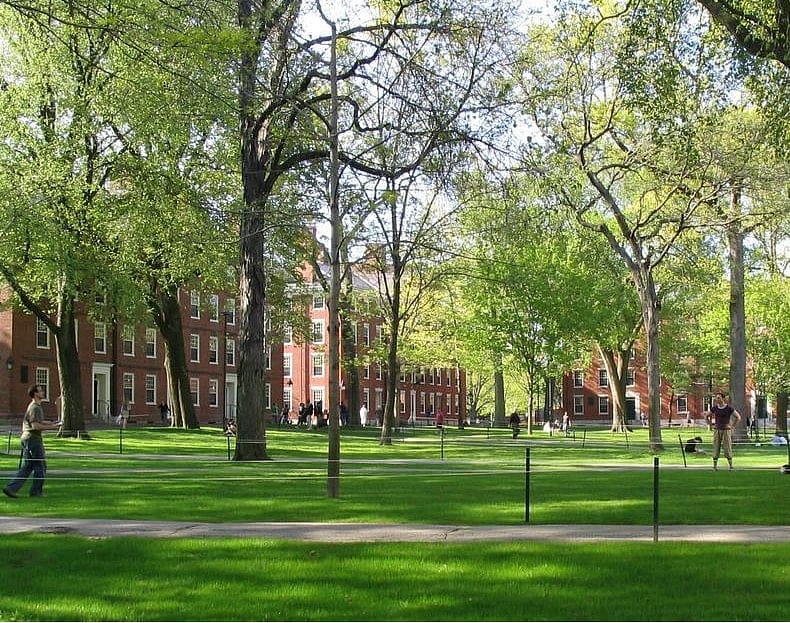Harvard Flip Flops on Federal Coronavirus Relief Money, Won’t Take It

Harvard University says it will not take about $8.6 million through the Coronavirus Aid, Relief, and Economic Security Act.
The announcement, which the university made Wednesday, April 22, is the third position the world's richest university has taken on the federal grant money in a week.

